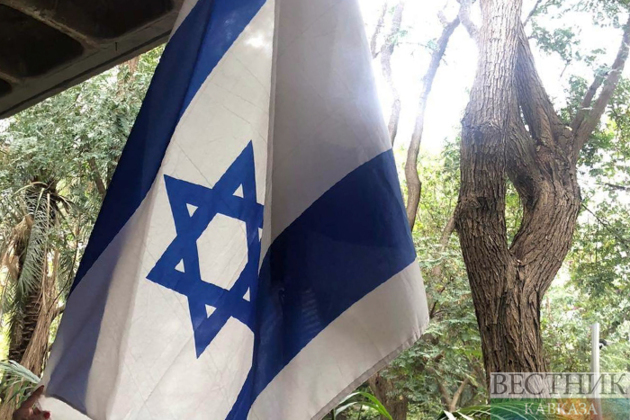Sudan and Israel agreed to press ahead with a stalled peace treaty during the first official visit by an Israeli foreign minister to Khartoum on Thursday. If an agreement is reached, Sudan would become the fourth country - along with the UAE, Morocco and Bahrain - to normalise ties with Israel as part of the US-backed Abraham Accords.
Israel’s Foreign Minister Eli Cohen, who led a hallmark visit to the country in 2021 as intelligence minister, met with the president of Sudan’s Transitional Sovereign Council, General Abdel Fattah al-Burhan, and other senior Sudanese officials in Khartoum, according to the Israeli foreign ministry. "I am happy to announce that during the visit we have agreed to sign a peace agreement between Sudan and Israel," after a civilian government is installed in Khartoum, Cohen told reporters at Tel Aviv's airport, Middle East Eye reports. “The peace agreement between Israel and Sudan will promote regional stability and contribute to the national security of the State of Israel,” he added. As part of his visit, Cohen discussed "ways to establish fruitful relations" with Khartoum and explore "prospects of cooperation" in areas including energy, agriculture and “with special emphasis on security and military fields”, according to a statement by Sudan's sovereign council.
Military more supportive of normalization than political leaders.
In December, Sudanese military and civilian leaders reached an agreement to end military rule that began in the country following the 2021 coup and led to widespread protests. Government crackdowns on demonstrations, however, have continued, resulting in the deaths of more than 100 civilians and the injuries of thousands more, according to UN experts.
In 2020 the United Arab Emirates, Bahrain and Morocco all normalised relations with Israel as part of the US-brokered Abraham Accords, which was vehemently criticised by the Palestinians. Sudan's military has been seen as more supportive of normalisation with Israel than civilian political leaders.
Sudan’s economy is hovering on the verge of collapse and the country is riddled with instability and rivalry between armed militias. However, it sits on a strategic location below Egypt and along the Red Sea, where Israel has been militarily active. Normalising ties with Khartoum also carries symbolic weight for Israel, and Prime Minister Benjamin Netanyahu has vowed to expand the Abraham Accords.
History
Arab leaders gathered in Khartoum after their defeat in the 1976 war to announce a resolution that became known as the "three nos": no peace, no recognition and no negotiations with Israel. “We are building a new reality with the Sudanese, in which the ‘three nos’ will become the ‘three yesses’: yes to negotiations between Israel and Sudan, yes to recognition of Israel, and yes to peace between the states and between the peoples,” Mr. Cohen said.






